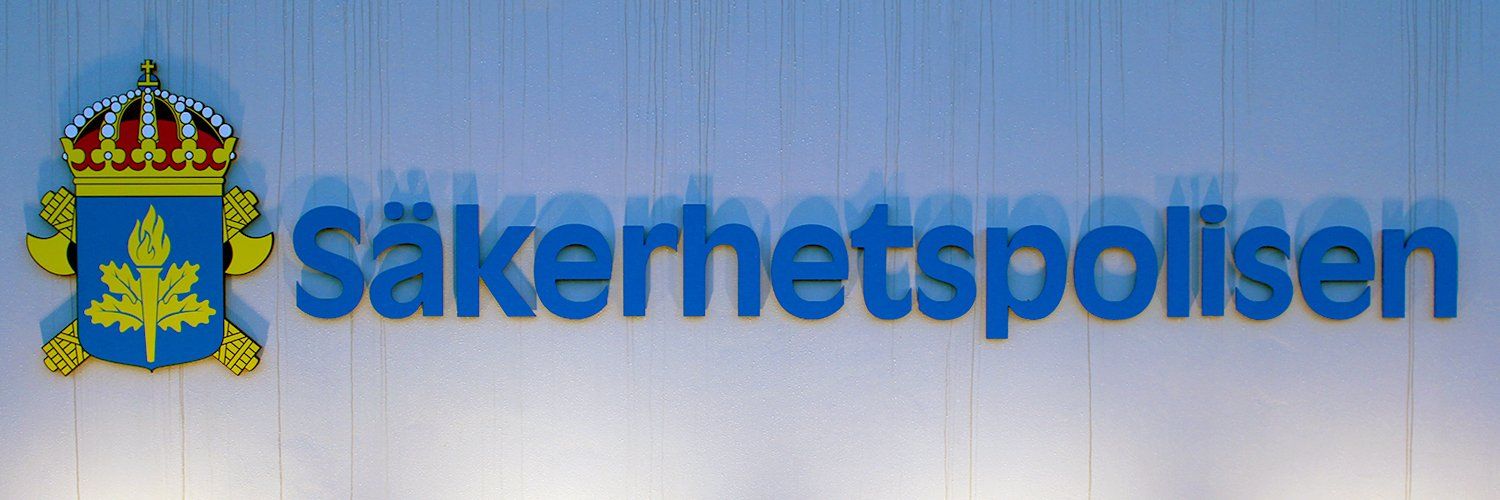Sweden’s Security Service has published some of the findings of its 2020 intelligence report. The report mentioned that Iran, China and Russia are the biggest threats to Sweden’s security. The report also said that the Islamic Republic of Iran is trying to obtain Swedish technology for its nuclear weapons program.
One section of the report says that “Iran also conducts industrial espionage, which is mainly targeted against Swedish hi-tech industry and Swedish products, which can be used in nuclear weapons programs. Iran is investing heavy resources in this area and some of the resources are used in Sweden.”
The Swedish Security Service report said, “Several countries engage in various forms of espionage and security-threatening activities against Sweden. Russia, China and Iran make up the biggest threat.” The report added that regimes “aim to strengthen their country’s economic, political status and military superpower.”
The report went on to say that Iran uses its intelligence apparatus to wage industrial espionage against Sweden. Iran seeks information from Swedish universities and colleges and there are efforts to recruit students and faculty from Sweden’s research community.
The Swedish revelations of Iran’s activities follows a German intelligence document made public last week that said that Iran continued to pursue nuclear weapons during 2020. The Bavarian Office for the Protection of the Constitution, the formal name for the state domestic intelligence agency, said that “Proliferation-relevant states like Iran, North Korea, Syria and Pakistan are making efforts to expand their conventional arsenal of weapons through the production or constant modernization of weapons of mass destruction. In order to obtain the necessary know-how and corresponding components, these states are trying to establish business contacts to companies in high-technology countries like Germany.” The Bavarian intelligence report defines proliferation as “the unauthorized spread of atomic, biological, chemical weapons of mass destruction or the products used for their manufacture as well as the corresponding weapon carrier systems, including the necessary know-how.”
The German and Swedish intelligence findings confirm that Iran is still working on a nuclear weapons program. Many analysts believe that the 2015 Joint Comprehensive Plan of Action (JCPOA) is only a temporary restriction on Iran’s ambition to join the group of nations that possess nuclear weapons.
The U.S. Trump administration withdrew from the JCPOA in 2018. The reason given by the administration for pulling out of the agreement was that the JCPOA would not prevent Iran from developing nuclear weapons.
In 2012, the Swedish government tried to block robust EU sanctions on Iran in order to protect a business deal between Swedish telecommunications giant Ericsson and Iran. Carl Bildt was the Swedish Foreign Minister at the time. He had long been a proponent of diplomacy over sanctions as the way to deal with authoritarian regimes such as Iran and Syria. He expended great effort to prevent the EU from forcing Ericsson to cancel its contracts with the Syrian regime. This was reported in an Israeli newspaper in 2012. According to the Israeli article, Israeli diplomats questioned whether Bildt had “personal interests” in Iran that were preventing him from moving forward with sanctions.
